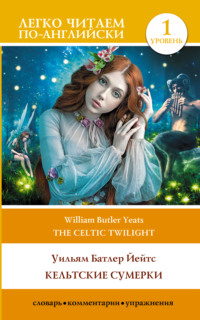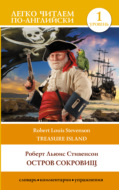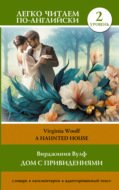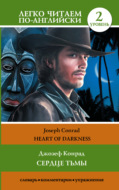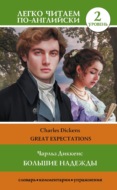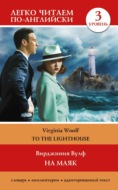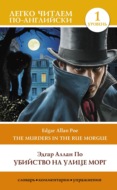Kitobni o'qish: «Кельтские сумерки. Уровень 1 / The Celtic Twilight»
Дизайн обложки Анастасии Орловой
© Кузнецова М. М., адаптация, словарь, 2023
© ООО «Издательство АСТ», 2023
* * *
THE HOSTING OF THE SIDHE1
The host is riding fromKnocknarea2,
And over the grave ofClooth-na-bare3;
Caolte4 tossing his burning hair,
AndNiamh5 calling, “Away, come away;
Empty your heart of its mortal dream.
The winds awaken, the leaves spin around,
Our cheeks are pale, ourhair is unbound6,
Our chests are moving, our eyes are shining,
Our arms are waving, our lips are apart,
And if anyone looks at our rushing band,
We come between him and thedeed7 of his hand,
We come between him and the hope of his heart.”
The host is rushing between night and day;
And where is there hope or deed as fair?
Caolte tossing his burning hair,
And Niamh calling, “Away, come away.”
THIS BOOK
Time drops in decay
Like a candle burnt out.
And the mountains and woods
Have their day, have their day;
But, kindly old rout
Of the fire-born moods,
You pass not away.
I wanted to create a small world from the beautiful and meaningful things in thisimperfect8 world, and to show a little piece of Ireland to my own people. I have written down what I have heard and seen. I haven’t separated my beliefs from those of the common people. I have let my characters, including ghosts and fairies, go their own way. The things a person experiences are life’s memories, and anyone can interpret9 them as they please. I have also interpreted them in my own way, but I will be happy as long as my interpretation suits me.
1893.W. B. YEATS.
A TELLER OF TALES
Paddy Flynn told me many of the tales in this book. He lived in a small andleaky10 cabin in Ballisodare11 village. He described it as the most peaceful place in County Sligo. This place is filled with fairies. The first time I saw him, he was cooking mushrooms. The next time, he was sleeping under a hedge12 with a smile on his face. He was always happy. But I could sense a hint of sadness in his eyes.
And yet there was much in his life todepress13 him, for his age, eccentricity, and deafness, and the children were constantly bothering him. Probably that’s why he always advised to be happy and hope for the best.
I wrote down Paddy Flynn’s stories and words in my notebook after meeting him. I feel sad looking at the empty pages at the end that will never be filled. Paddy Flynnpassed away14. A friend of mine gave him a big bottle of whiskey, and even though he was usually not a heavy drinker15, he got really excited from this gift, and he didn’t stop drinking for a few days until he passed away. His body was tired from old age and difficult times, and it couldn’t handle the alcohol like it did when he was young.
